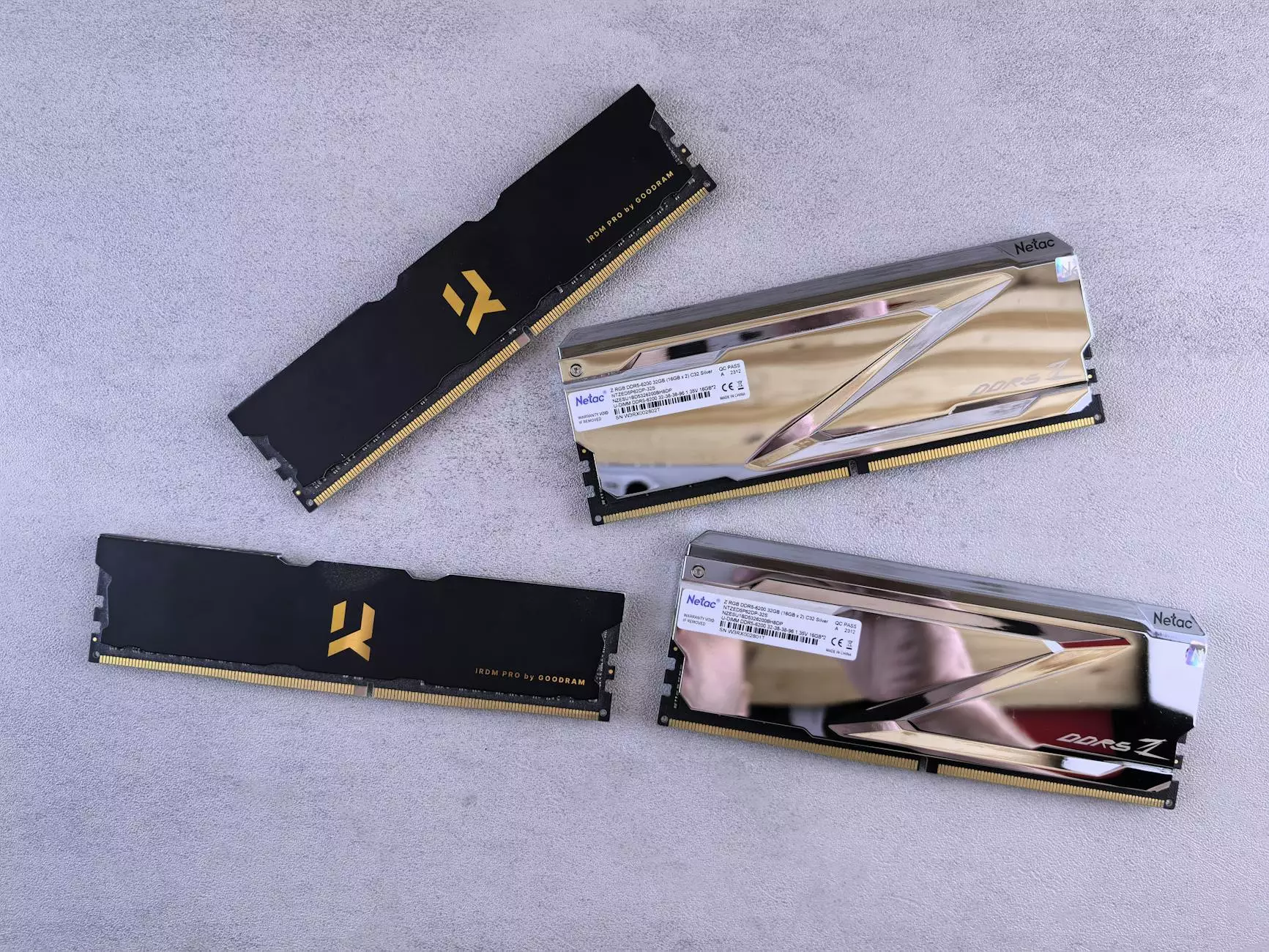Understanding Hydraulic Supply: A Comprehensive Guide

The term hydraulic supply encompasses a wide array of essential components that power and enhance various machinery used in industries such as automotive and motorcycle sectors. In today’s competitive landscape, having a reliable source for hydraulic supplies is crucial for maintaining efficiency and operational excellence in your business.
What is Hydraulic Supply?
Hydraulic supply refers to the parts and components that are necessary for hydraulic systems to function correctly. These include hydraulic fluid, pumps, cylinders, hoses, and various fittings. These components work together to transmit power through pressurized fluid, making it possible for machinery to perform tasks that require substantial force.
Why Hydraulic Supply is Critical for Your Business
In both the automotive and motorcycle industries, having an efficient supply of hydraulic components can significantly affect performance and productivity. Here are several reasons why focusing on hydraulic supply is a must for businesses:
- Efficiency: Hydraulic systems can provide significant mechanical advantage, allowing for easier operation of heavy machinery.
- Cost-Effective: High-quality hydraulic components reduce wear and tear, ensuring lower maintenance costs.
- Reliability: Dependable hydraulic systems lead to fewer breakdowns and inefficiencies.
- Performance Enhancement: Upgrading your hydraulic systems can lead to better performance of your vehicles or machinery.
Key Components of Hydraulic Supply
When it comes to hydraulic supply, it’s essential to understand the individual components that make up a hydraulic system:
1. Hydraulic Pumps
Hydraulic pumps are the heart of any hydraulic system. They convert mechanical energy into hydraulic energy, providing the necessary pressure to move fluids through the system. Types of hydraulic pumps include:
- Gear Pumps: These pumps provide a steady flow and are generally used in low-pressure applications.
- Piston Pumps: Ideal for high-pressure applications, these pumps offer excellent efficiency and performance.
- Vane Pumps: Known for their versatility, vane pumps can handle a range of hydraulic fluid viscosities.
2. Hydraulic Cylinders
Hydraulic cylinders are devices that convert hydraulic energy back into mechanical energy. They are widely used in lifting and moving applications. Important aspects to consider include:
- Single-Acting Cylinders: These cylinders utilize hydraulic pressure in one direction, using a spring to return.
- Double-Acting Cylinders: These provide action in both directions, making them more versatile for various applications.
3. Hydraulic Hoses
Hydraulic hoses are flexible tubes that transport hydraulic fluid between components. They must be durable and resistant to pressure and environmental factors. Key types include:
- Wire-Braided Hoses: Known for their strength, these hoses are suitable for high-pressure applications.
- Textile-Braided Hoses: More flexible, these are suited for lower pressure applications.
4. Hydraulic Fluid
Hydraulic fluid is the lifeblood of any hydraulic system. It provides lubrication, cooling, and power transmission. Choosing the right hydraulic fluid is vital, and factors to consider include:
- Viscosity: This ensures efficient operation across temperature ranges.
- Additives: Components can help with oxidation resistance, foam control, and anti-wear properties.
How to Choose the Right Hydraulic Supply for Your Business
Selecting the correct hydraulic supply is pivotal for your operations. Here are several tips to guide your purchasing decisions:
- Understand Your Needs: Assess what types of machinery require hydraulic components and gauge the required specifications.
- Quality Matters: Invest in high-quality components from reputable suppliers to ensure reliability and longevity.
- Consult Experts: Don’t hesitate to leverage expert knowledge from suppliers to make informed decisions.
- Evaluate Compatibility: Ensure that new components are compatible with your existing machinery and systems.
Benefits of Sourcing Hydraulic Supply from ShopHydraulicAmerica.com
When it comes to obtaining hydraulic supply components, ShopHydraulicAmerica.com is a leading supplier for businesses in the automotive and motorcycle sectors. Here’s why you should consider sourcing your hydraulic components from them:
1. Wide Selection of Products
Their extensive inventory includes everything from hydraulic pumps and cylinders to hoses and fittings, ensuring you have access to all the parts needed for your operations.
2. Competitive Pricing
ShopHydraulicAmerica.com offers competitive pricing, ensuring that you get the best value for your investment, allowing your business to enjoy lower operational costs.
3. Quality Assurance
Using only top-quality products, they guarantee reliability and durability in all their offerings, helping to minimize downtime and maintenance costs.
4. Expert Support
Their knowledgeable customer support team is ready to assist you in making the best choices and provide any technical advice you may require for your hydraulic systems.
Maintaining Your Hydraulic Systems
Once you have sourced your hydraulic supply, maintaining these systems is crucial to ensuring optimal performance. Here are some maintenance tips:
- Regular Inspections: Conduct routine checks on hydraulic fluids and look for leaks or wear in components.
- Fluid Changes: Replace hydraulic fluid as per the manufacturer’s recommendations to maintain system efficiency.
- Component Replacement: Replace worn components immediately to prevent system failure.
Conclusion
In conclusion, understanding the intricacies of hydraulic supply and its components is essential for businesses operating in the automotive and motorcycle industries. By selecting high-quality parts from reputable suppliers like ShopHydraulicAmerica.com, you can enhance efficiency and reliability in your operations. Remember, investing in the right hydraulic components is not just a business decision but a strategic move towards ensuring the durability and performance of your machinery.









